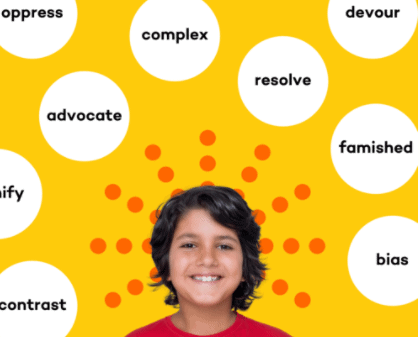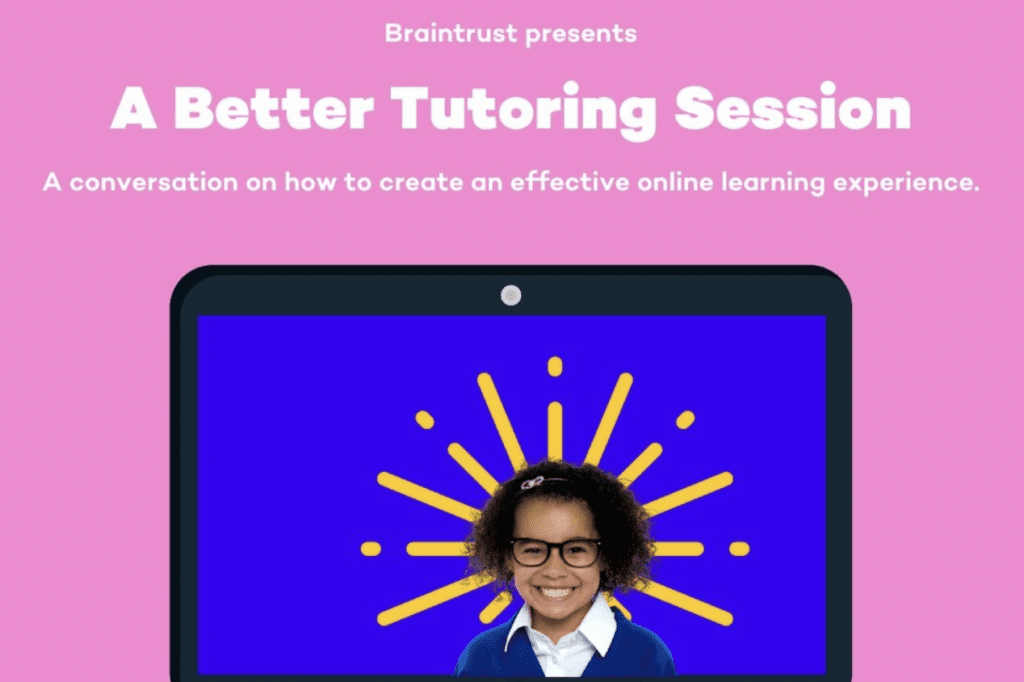
No one can deny the importance of building a strong vocabulary. Even if your child had robust vocabulary instruction last year, chances are, he isn’t keeping up with it this summer. Just a few minutes of vocab practice a day can help keep those skills sharp. Here are some of our favorite web-based resources for summer vocab retention.
Membean
Membean designed their website around how people learn and remember best. It allows teachers to assign vocabulary work, and provides multiple ways for students to learn new words. Membean also teaches root words and affixes, which help students not only learn individual words, but also parts of words. This helps them to more efficiently figure out the meaning of other words with the same affixes.
Visuwords
Visuwords is an interactive visual dictionary that allows users to “see” definitions of words. Websites like this are excellent for addressing different learning styles. Students who learn visually especially benefit from this website. Students can type in a word and a “word web” pops up with forms of the word and definitions of each form, and shows the relationships between forms of the word. The key along the left-hand side provides users with a code for deciphering the color-coded lines connecting the words.
Word Hippo
Word Hippo is like a thesaurus on overdrive. It gives every definition a person could possibly intend, and its related synonyms. It also offers more than a dozen other tools for word exploration, like pronunciation, use in sentences, and lots of other ways to learn about and interact with words.
Vocabulary Spelling City
Vocabulary Spelling City, an offshoot of Learning A-Z, provides vocabulary practice through gaming as opposed to simply learning words and trying to remember them. While not all of their activities and exercises are “games” per se, they are all engaging and visually appealing to younger users who need a little motivational push to work on vocabulary.
Wordnik
While not necessarily the most visually engaging website, wordnik stands out for its comprehensive inclusion of everything one could possibly want or need to know about a word. This includes definitions, synonyms, antonyms, examples, related words, rhymes, lists containing the word, tweets that mention the word, and much more.
Good Old-Fashioned Books
One of the most powerful methods for building a rich vocabulary is just to read. The more a person reads, the more exposure her or she gets to words. While not every new word we read in a book will automatically stick with us, repeated exposure does improve both our actual retention of words as well as our capacity for them. So encouraging students to simply read more is a great place to start with helping them develop a stronger vocabulary.




